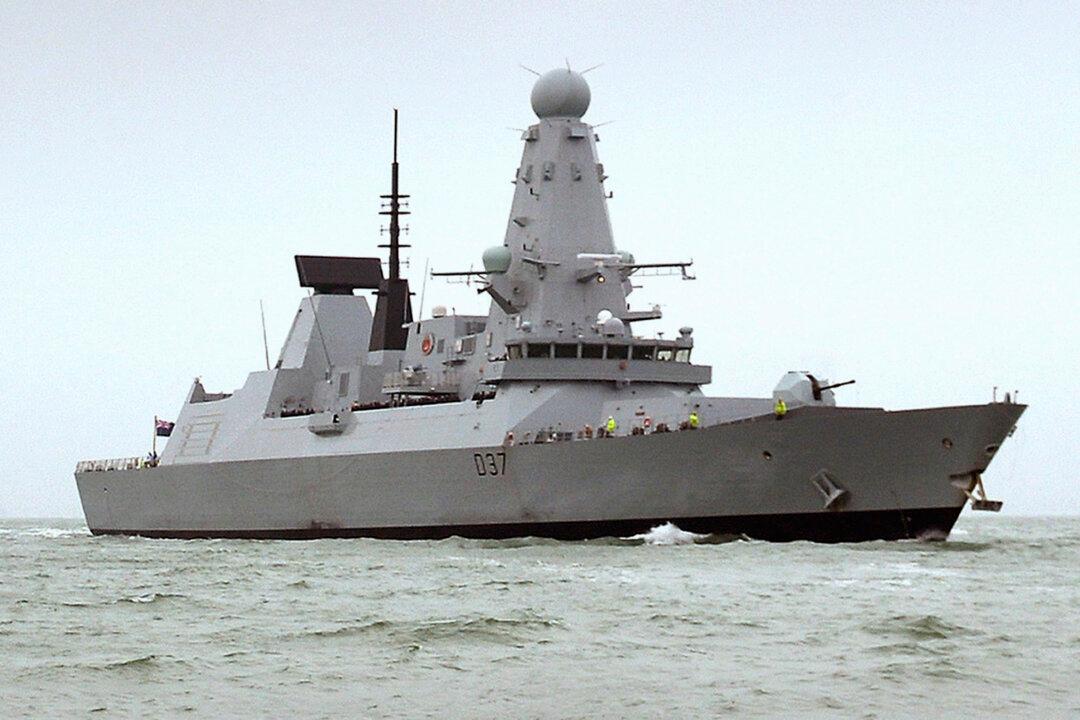DUBAI, United Arab Emirates—Britain will facilitate the release of a seized Iranian tanker if Iran can provide guarantees the vessel would not breach European sanctions on oil shipments to Syria, Britain’s top diplomat said, as European nations called for new talks to ease tensions in the Persian Gulf.
The comments by Foreign Secretary Jeremy Hunt late July 13 could help de-escalate tensions that have spiked in recent days. In apparent retaliation for the seized tanker, Iranian paramilitary vessels tried to impede the passage of a British oil tanker through the Strait of Hormuz, only turning away after receiving “verbal warnings” from a British navy vessel accompanying the ship, the British government said.





